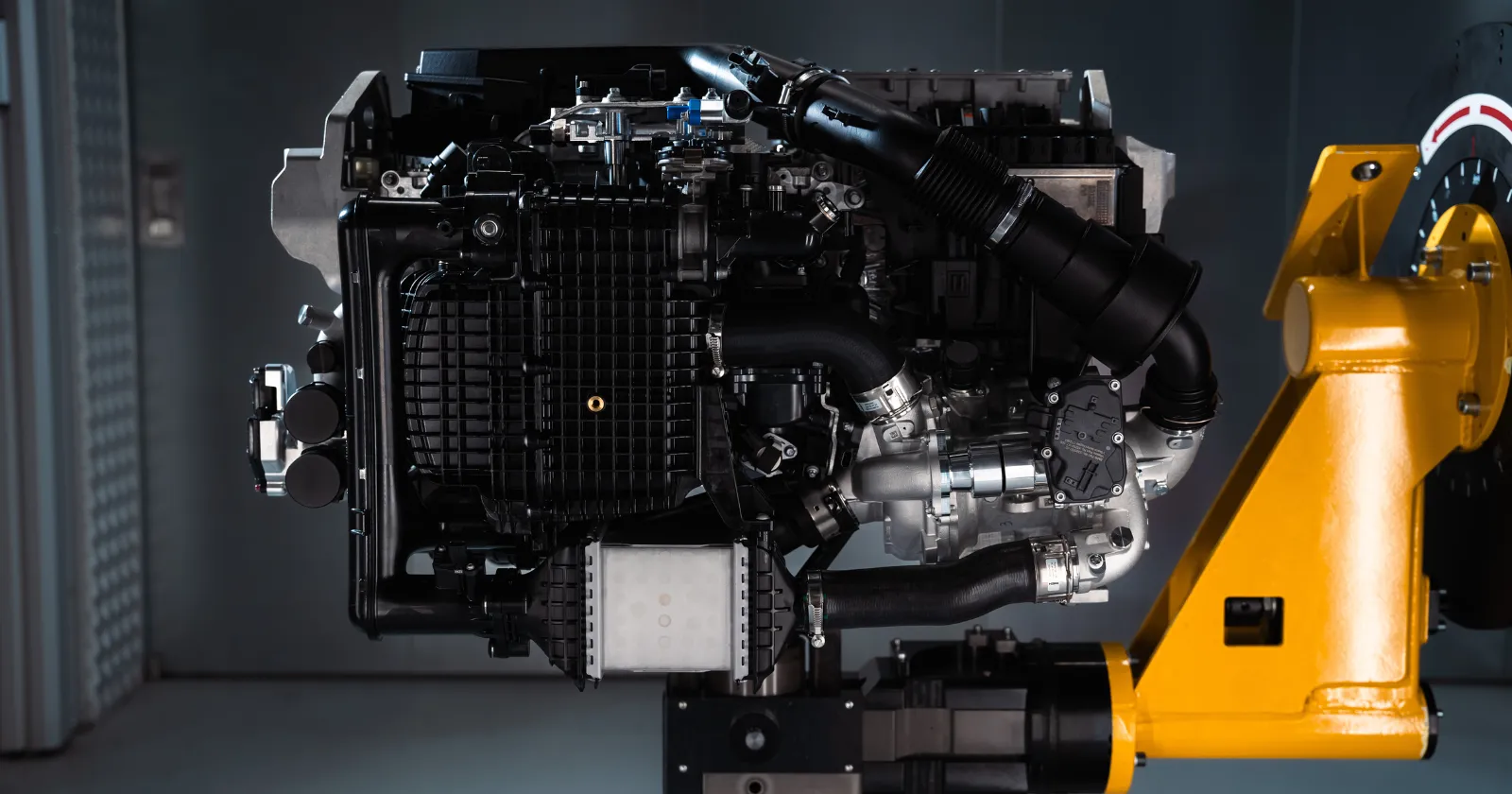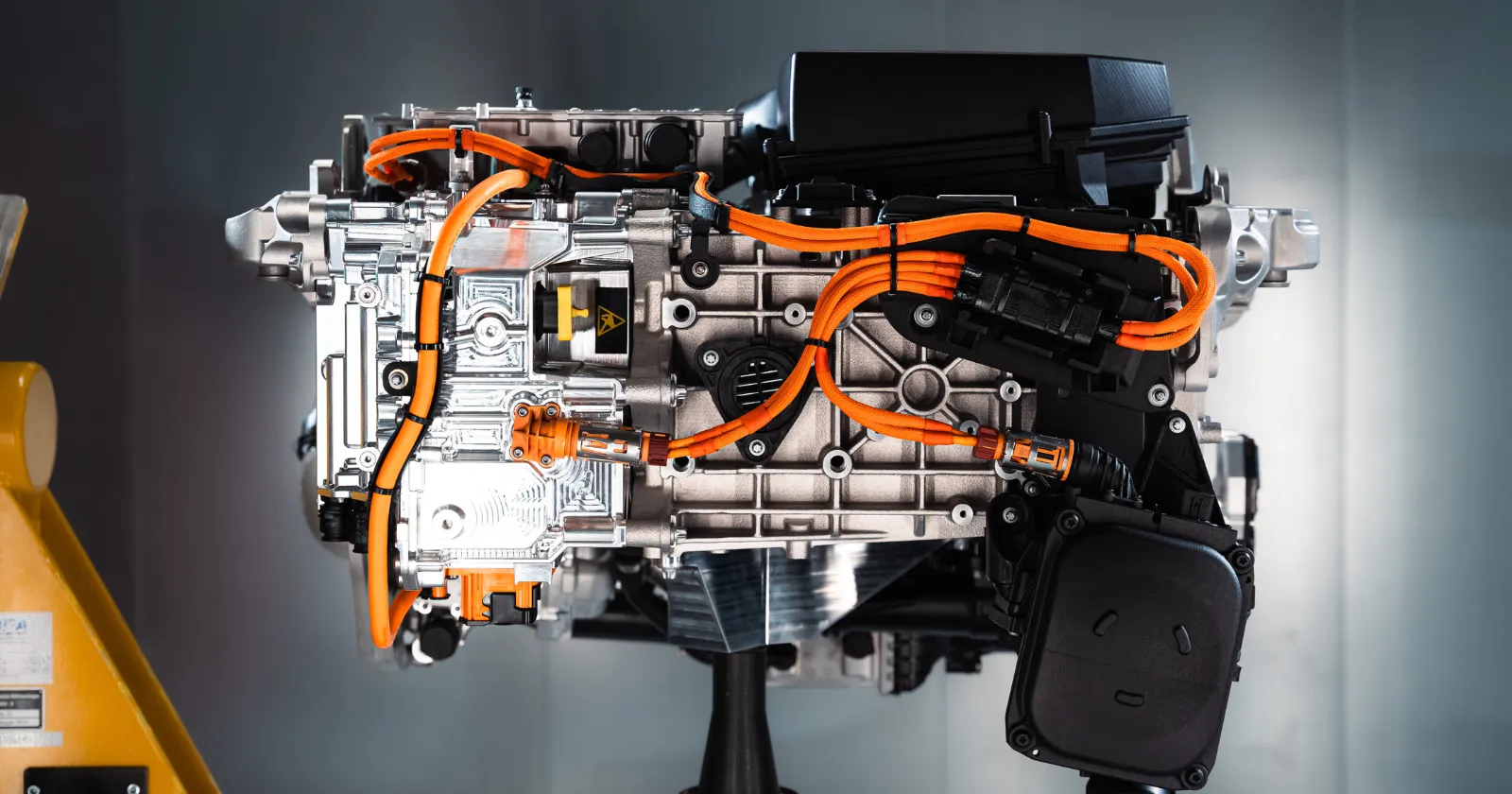
The new system, developed jointly with Toyota, boasts a 25 percent smaller footprint and higher power density than its predecessor, promising longer driving range and lower energy consumption – all with zero tailpipe emissions.
Share Post

The new system, developed jointly with Toyota, boasts a 25 percent smaller footprint and higher power density than its predecessor, promising longer driving range and lower energy consumption – all with zero tailpipe emissions.
BMW Group has confirmed that its third-generation hydrogen fuel cell system will enter series production at its Steyr plant in Austria from 2028. The new system, developed jointly with Toyota, boasts a 25 percent smaller footprint and higher power density than its predecessor, promising longer driving range and lower energy consumption – all with zero tailpipe emissions.
According to BMW, prototype assembly and testing are already underway at its Munich hydrogen competence centre. Meanwhile, key components such as the hydrogen-specific Energy Master will be manufactured at the Landshut technology hub, with production of housings and pressure plates at Dingolfing starting in mid-2026. Steyr is upgrading its buildings and installing new test rigs to ensure quality assurance and scalability for full-scale production.
BMW’s third-generation fuel cell system integrates cooling, hydrogen and air subsystems into a highly compact package. “We can now seamlessly integrate the entire drivetrain into future vehicle architectures, supporting our technology-open approach,” said Joachim Post, BMW board member for development. Improved component design and advanced operating strategies will also boost efficiency, giving customers greater range and performance.

BMW’s long-time partner, Toyota, has been advancing its own third-generation fuel cell system for commercial and passenger applications. Toyota unveiled its 3rd Gen FC System at the H2 & FC EXPO in Tokyo earlier this year, aimed initially at heavy-duty vehicles and generators, with commercial applications launching from 2026. Toyota continues to test its Mirai sedan and fuel-cell generators in real-world settings to address infrastructure challenges and build hydrogen-refuelling networks in North America and Europe.
South Korea’s Hyundai Motor Company is already testing its NEXO FCEV in India through a two-year trial with Indian Oil Corporation, covering 40,000 km across varied conditions to study performance and total cost of ownership. Hyundai’s upcoming production model, INITIUM, will debut in late 2025 with a claimed range of over 650 km, signalling the brand’s push to make hydrogen SUVs more accessible to families.
Unlike BMW and Toyota, Mercedes-Benz has paused passenger fuel cell development after discontinuing its GLC F-Cell. Instead, it is investing in the GenH2 heavy-truck programme, with small-series production slated for 2026 following extensive winter testing of prototypes in the Swiss Alps. The move reflects Mercedes’ strategy to apply hydrogen technology where long range and quick refuelling offer the greatest benefits.
2026 Tata Punch EV Facelift Variants and Features Explained
Acko Drive Team 20 Feb, 2026, 3:24 PM IST
Refreshed Tata Punch EV Aims to Massify EVs in Entry-Level Car Segment, Leveraging Falling Battery Prices, Product Optimisation
Sumantra Bibhuti Barooah 20 Feb, 2026, 12:29 PM IST
Beyond Commute: 8 Cultural Events Redefining Indian Motorcycling
Acko Drive Team 20 Feb, 2026, 11:58 AM IST
Tata Punch EV vs Rivals: Specs & Prices Compared
Acko Drive Team 20 Feb, 2026, 10:24 AM IST
AB Volvo Proposes Re-Election of Board Members at AGM, Matti Alahuhta to Depart
Acko Drive Team 20 Feb, 2026, 9:59 AM IST
Looking for a new car?
We promise the best car deals and earliest delivery!
